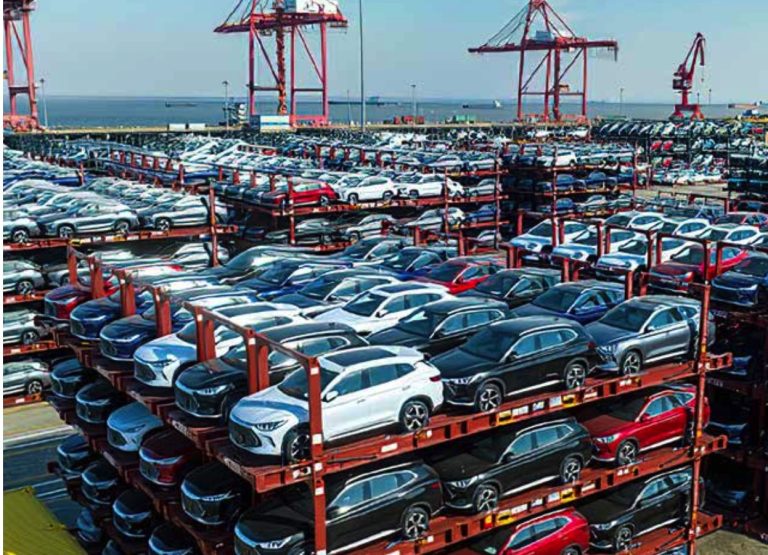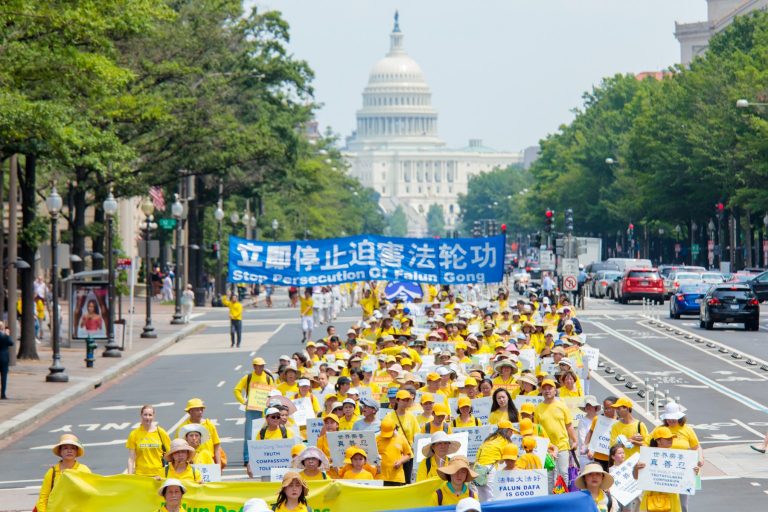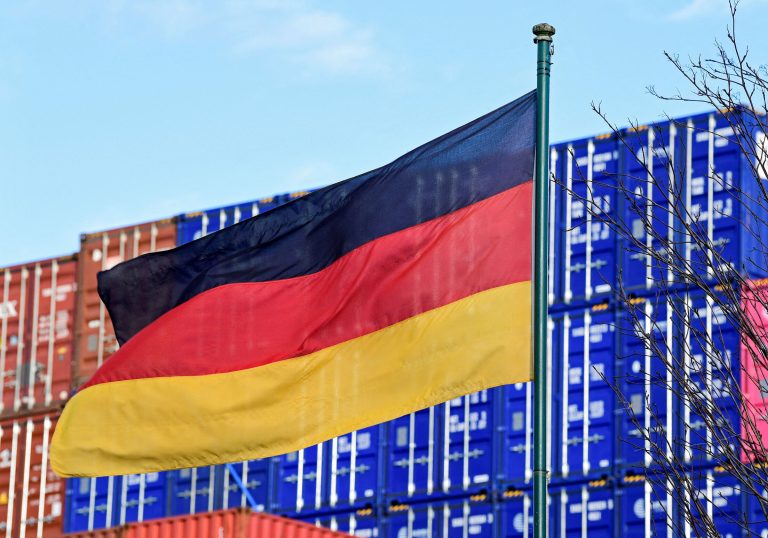On June 12, the European Union (EU) announced that it would impose hefty tariffs on Chinese electric vehicles (EVs) in a move that experts say could reshape the landscape of the automotive industry and heighten tensions with Beijing.
Starting July, the EU will levy additional duties ranging from 17.4 percent to 38.1 percent on Chinese EV imports, adding to the existing 10 percent car duty. The decision, which was announced by the European Commission, is a direct response to what it perceives as “excessive subsidies” given to Chinese manufacturers.
According to the Commission, a prior investigation had “provisionally determined” that the Chinese EV industry “benefits from unfair subsidization, which is causing a threat of economic injury.”
Impact on Chinese manufacturers
The tariffs will significantly increase the cost of Chinese EVs in Europe, amounting to billions of euros in extra expenses for Chinese carmakers already grappling with reduced demand, a sluggish national economy, and falling prices domestically.
The European Commission estimates that Chinese EVs, which currently hold an 8 percent share of the EU market, could see their market share climb to 15 percent by 2025 if left unchecked. These vehicles are typically priced 20 percent below their European counterparts to create more competition for local manufacturers.
Success
You are now signed up for our newsletter
Success
Check your email to complete sign up
RELATED: Quality, Safety Concerns of Chinese-made EVs Come to the Fore
But European automakers have expressed concerns over the influx of lower-cost Chinese EVs. Andrew Kenningham, Chief Europe Economist at Capital Economics, noted that the EU’s decision marks a significant shift in trade policy, targeting a crucial industry.
The EU’s approach mirrors its previous limited actions against Chinese solar panel imports, which led to the collapse of many European manufacturers.
The Chinese Passenger Car Association (CPCA) has also downplayed the impact of the tariffs, suggesting that most Chinese firms “anticipated” such measures and will cope accordingly. CPCA Secretary General Cui Dongshu emphasized the continued potential for Chinese EVs to grow in the European market. Notably, Chinese EV makers and suppliers are already investing in European production facilities to circumvent these tariffs.
“The EU’s provisional tariffs come basically within our expectations, averaging around 20%, which won’t have much of an impact on the majority of Chinese firms,” said Cui, adding, “Those exporting China-made EVs that include Tesla, Geely and BYD still have huge potential for development in Europe in the future.”
Potential countermeasures
Meanwhile, as anticipated, Beijing strongly condemned the EU’s decision. Chinese Foreign Ministry spokesperson Lin Jian labeled the investigation and subsequent tariffs as a “typical case of protectionism,” and warned that they would harm Sino-EU cooperation and destabilize the global automotive supply chain. Beijing has also vowed to take all necessary measures to “firmly safeguard” its interests and rights within the market.
RELATED: Trump Says US Tariffs on China Should Go Further
China has recently also strengthened its legal framework to counteract foreign tariffs in a move that hints to potential retaliation. It has already initiated an anti-dumping investigation into French brandy imports, causing concern among European cognac and spirit producers about possible retaliatory measures related to the EV tariffs.
Economists suggest that while the immediate economic impact of the tariffs may be limited, the long-term effects could be more pronounced. The EU imported approximately 440,000 EVs from China over the past year, valued at 9 billion euros, representing about 4 percent of household vehicle expenditure.
The Kiel Institute for the World Economy predicts that a 20 percent tariff could reduce Chinese EV imports by 25 percent, potentially offset by increased European production, though not necessarily filling the gap entirely.
European automakers speak out
European car manufacturers, particularly those with significant sales in China, have voiced apprehensions about the negative repercussions of the tariffs. Shares in major European carmakers, including key players like BMW and Volkswagen, have fallen amid fears of Chinese retaliation. Volkswagen has warned that the “adverse effects” of the tariffs could outweigh any potential benefits, especially for the German automotive industry.
Mercedes-Benz echoed similar sentiments, arguing that Germany, as a leading exporter, does not benefit from increased trade barriers. BMW also criticized the planned tariffs, describing them as “counterproductive.” China represents a substantial market for German carmakers, accounting for around 30 percent of their sales in the first quarter, the company added.
Will Roberts, head of automotive research at RHO Motion, believes that Chinese manufacturers might absorb some tariff costs within their profit margins. However, the key issue remains whether Beijing will choose retaliation or seek a diplomatic resolution.
“The true test from today’s announcement will be whether Beijing will retaliate in kind, or come to an amicable solution,” Roberts told Reuters.
The EU’s provisional duties are set to take effect by July 4, with the investigation concluding by Nov. 2. Depending on the findings, definitive duties — likely to last for at least five years — could be imposed.
The European Commission is also considering retroactive tariffs for up to three months and has differentiated tariff rates based on the level of cooperation from Chinese companies during the investigation.







